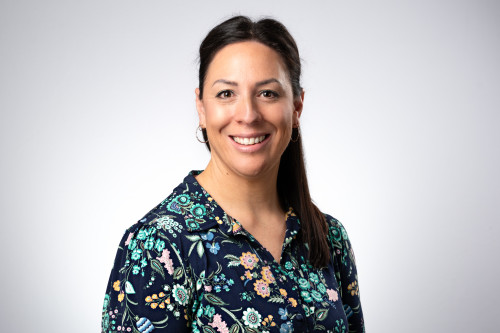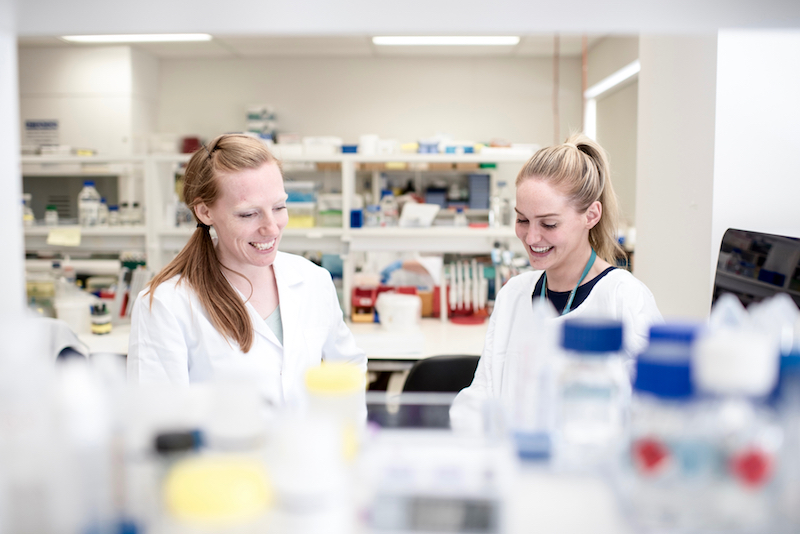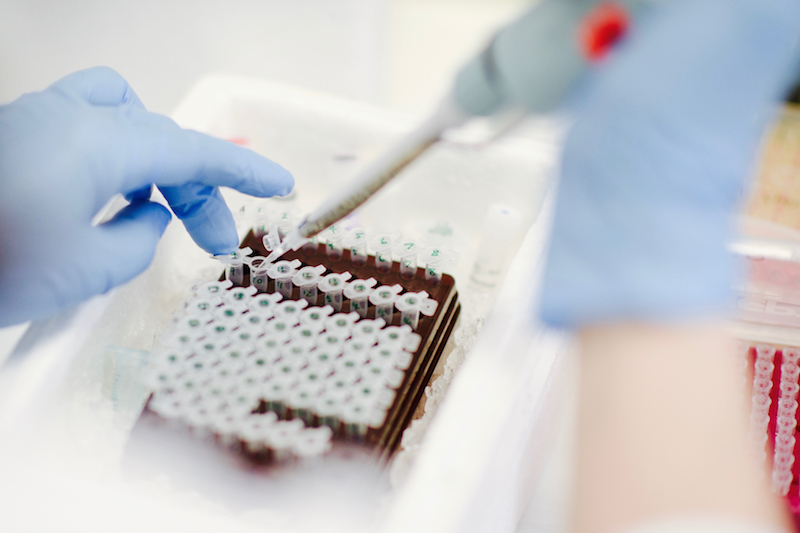
Prof Tu’uhevaha Kaitu’u-Lino
BBiomedsci (Hons) PhDTu’uhevaha is a Principal Research fellow, focused on clinical translation. Her goal is to improve pregnancy outcomes fo...
Preeclampsia is a serious disease of pregnancy that affects 5% of women and claims the lives of around 70,000 women and 500,000 babies across the globe every year.
Preeclampsia is diagnosed when a pregnant woman has high blood pressure and has signs of organ damage, such as protein in her urine.
Preeclampsia is caused by a disease process in the placenta that releases detrimental factors into the mother’s circulation. These cause blood vessel damage that in turn affects her major organs. The final result is high blood pressure and injury to the kidneys, liver, lung and the brain. Preeclampisa can progress to seizures and even to the death of mother and baby.
Despite rapid medical advances that have improved care for many human diseases, there is no medical cure for preeclampsia. The only way the disease can be arrested is to deliver the baby and remove the placenta. Unfortunately, if preeclampsia is severe and develops at a preterm gestation, the baby needs to be delivered early. The consequences of premature birth include loss of the baby, or long term consequences such as permanent brain or lung injury. Even severe preeclampsia occurring in late pregnancy can progress rapidly, making the mother gravely unwell.
A medical treatment that can fight against the disease process without requiring delivery of the baby would be a major advance.

We have set up a unique, internationally recognised translational drug-screening protocol to discover novel pre-eclampsia treatments. This flagship Mercy Perinatal research theme spans the full range of research methods, from laboratory studies to large drug trials in pregnant women in Australia and South Africa.
This drug discovery ‘pipeline’ has uncovered a number of exciting candidate treatments for preeclampsia. Many of these drugs are taken every day by pregnant women for other conditions and so are known to be safe for the developing baby. For instance, we have identified that metformin – currently used by many pregnant women for diabetes – may actually be an effective treatment for preeclampsia. In our laboratory studies, we have discovered that metformin blocks the placental release of the disease-causing factors from the placenta. Furthermore, it seems to protect maternal blood vessels from further damage.
Using the same laboratory techniques, we have discovered other exciting drug possibilities for preeclampsia, but our mission to save mothers and babies does not stop there. We have now taken one of these potential treatments – esomeprazole – to a large clinical trial in South Africa where we are testing its real life effectiveness in pregnant women.

We are dedicated to exploring the full range of candidate drugs to find an effective treatment for preeclampsia. Our success would revolutionise the medical approach to this devastating disease and reduce its terrible global impact on mothers and babies.